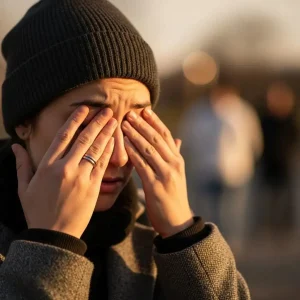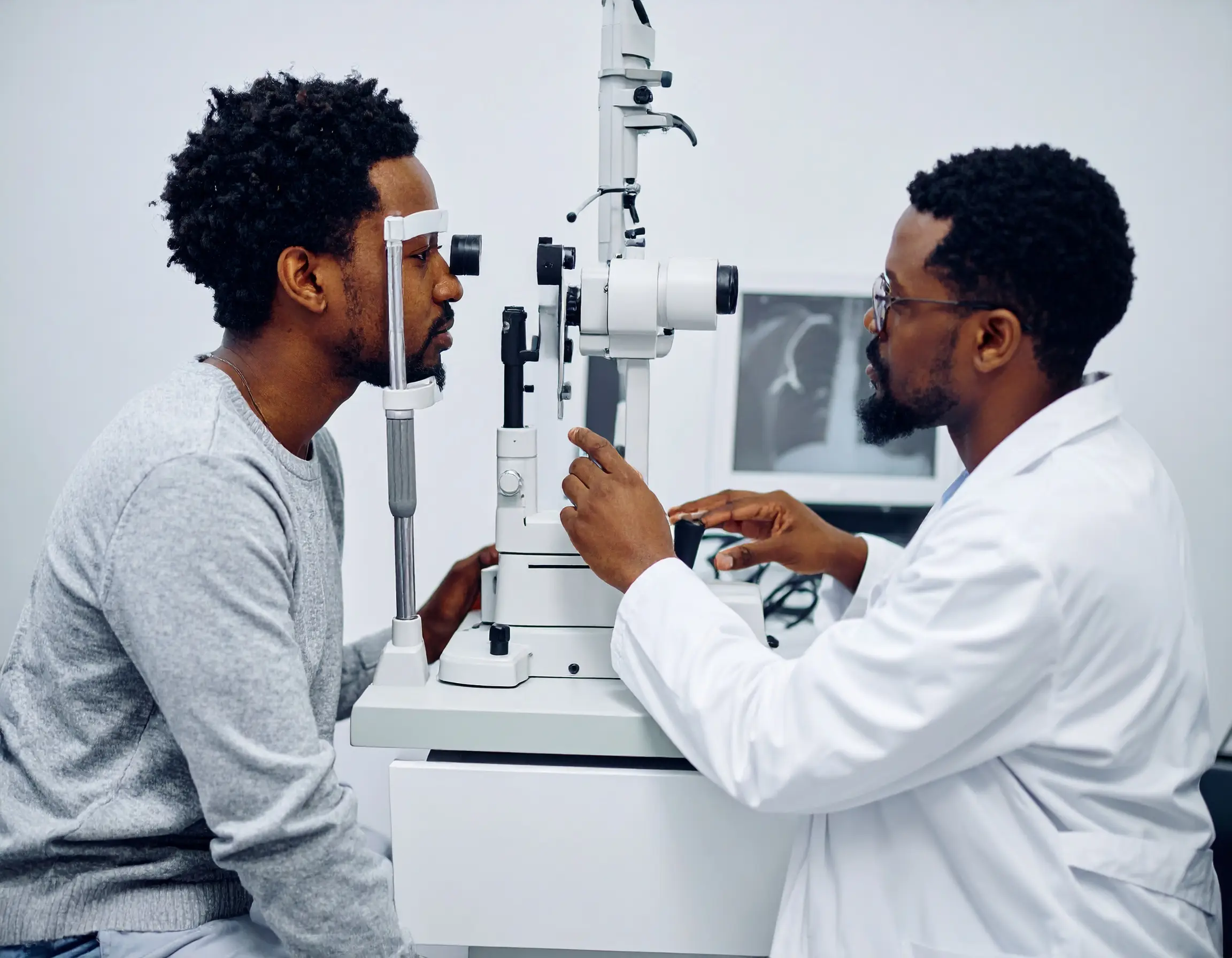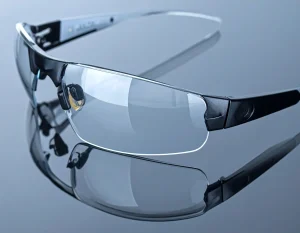
Sudden Blurry Vision: Common Causes, Key Symptoms
A sudden change in vision is unsettling and can point to a range of issues — some benign, some urgent. Below we explain the likely
If you live in St. Jacobs, Ontario and need an eye exam, we can help. From your family’s first eye exam to high-risk specialty care, we have you covered! Our eye exams are comprehensive and personalized to address your specific vision goals. We help you look beyond the obvious and deliver smart, cost-effective, real-world solutions.
Most Major Insurance Providers, Discover More…
Ready to Customize your needs, Discover More…
A commitment of Quality and Service, Discover More…

Routine eye exams are an important component of preventive health care. They allow us to detect subtle changes in your eyes before serious issues develop. For instance, one of the most common reasons our clients walk through the door is headache or difficulty seeing at night.
These might be your first clues that your vision is changing, even if you’re unaware of it on a daily basis. Too often, we only want to take action when they feel a loss of vision. Subtle changes can gradually creep in, making tasks more difficult at the office, behind the wheel, or even while reading in your own living room.
When you visit us, we do more than test your eyesight. We look for signs of bigger health issues, like diabetes or high blood pressure, that can show up in your eyes before anywhere else. We’ve prevented thousands of people from suffering the long-term complications of undiagnosed eye diseases, and that’s really rewarding.
Protecting eye health improves your quality of life – your ability to live, work, and engage with your community. We’re happy to provide eye exams that cater to your lifestyle and health, and are concerned with your overall well-being for years to come.
If you have a history of eye issues or surgeries, please inform us. We’re interested in understanding your habits on a day-to-day basis.
Let us know how much screentime you spend, what activities you do outside, and if any members of your family have dealt with eye diseases. This allows us to identify threats proactively.
If you’ve been experiencing dry eyes, blurry vision, difficulty focusing, mention it. Your goals are important to us, be it assistance for reading, driving, or using your computer for work. This information allows us to customize your exam to meet the needs of your lifestyle.
We test your vision at near and far distances with a traditional eye chart style test. We check color vision and depth perception. These exams allow us to determine whether or not you have any refractive errors – meaning nearsightedness, farsightedness, or astigmatism.
If anything unusual is found on those initial tests, we might perform additional confirmatory tests. We truly hope to catch problems before they become a chronic condition. After all, nearly 80% of everything we learn we learn through our eyes.
We examine your eye health overall, including the retina and optic nerve for early signs of disease. Glaucoma, cataracts, and macular degeneration risk increases with age, particularly for those over 40 or 65.
We use advanced technology to take a detailed look at what’s happening behind the scenes in your eyes. If you are diabetic or have a family history of ocular issues, these screenings are even more essential.
Routine checkups allow us to detect problems early on, before they develop into more serious conditions.
At times, we require information with a greater level of specificity. We may perform retinal imaging or corneal topography. These advanced diagnostics help to uncover risks that could be overlooked by standard eye exams.
They help those who have special, unusual symptoms, or an unusual health history. We’re always sure to explain exactly what we find and what that means for you. No matter your age, catching issues early is essential to long-term eye health.
We’ll discuss lifestyle changes or other interventions that improve your eyes’ health for the long haul. Well-timed screenings for children are essential. Infants need an exam between six and nine months, young children need at least one before entering school, and after that, kids should be examined every year.
We recommend that adults ages 20 to 64 visit at least every two years. We’re here to provide guidance and tools for managing any eye disease you might have to take care of.





A sudden change in vision is unsettling and can point to a range of issues — some benign, some urgent. Below we explain the likely

Are pricier eyeglass lenses really better, and should you spend the extra money? It’s a common question, especially when the cost of a pair of prescription

Many Ontario residents wonder if the provincial health plan (OHIP) will help pay for prescription eyeglasses or contact lenses. Vision care can be costly, and





